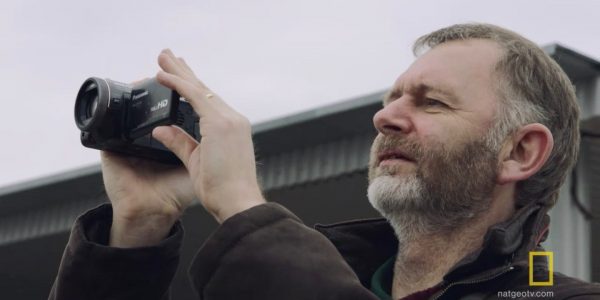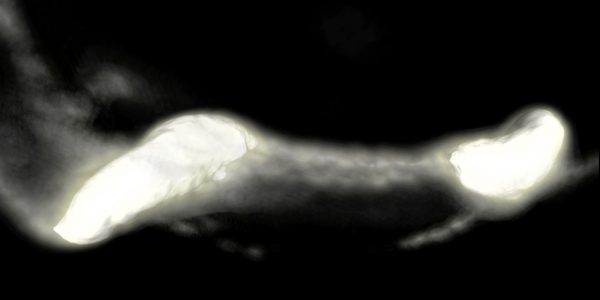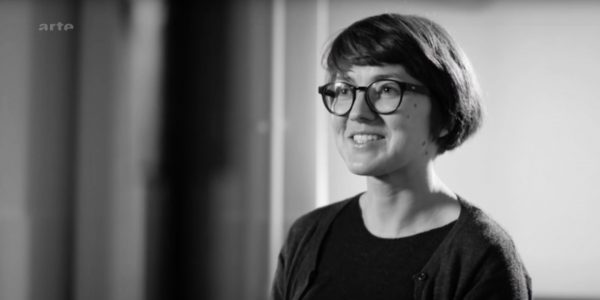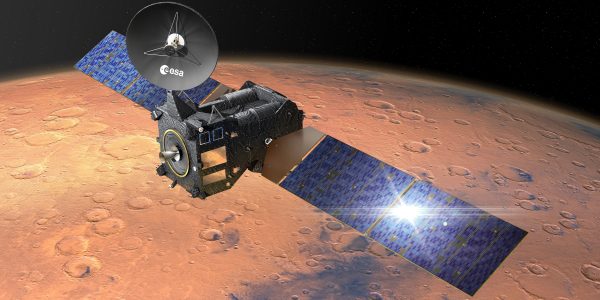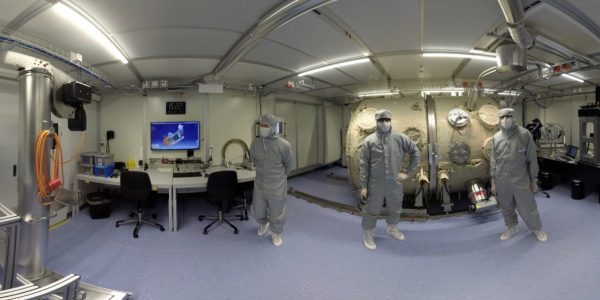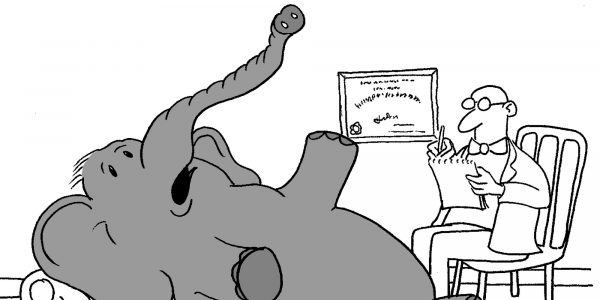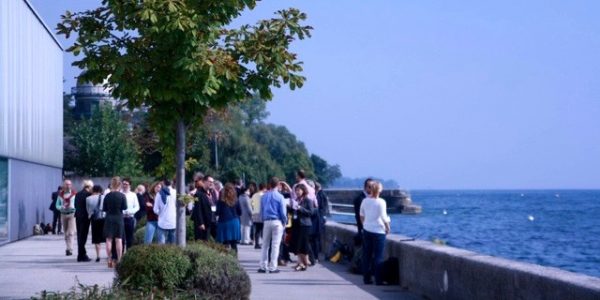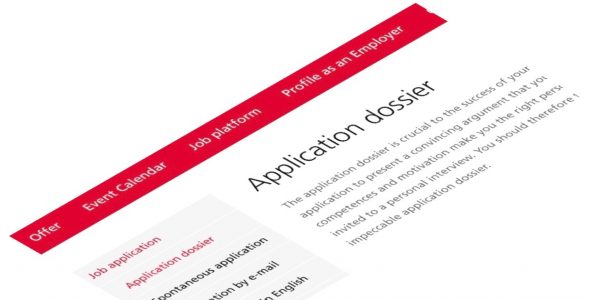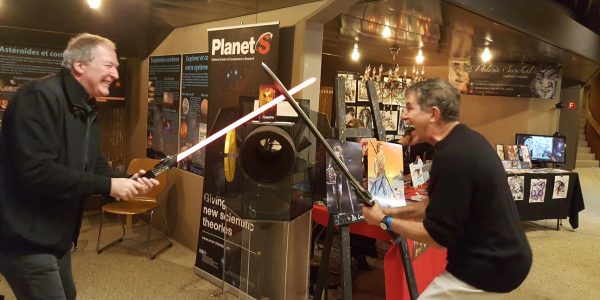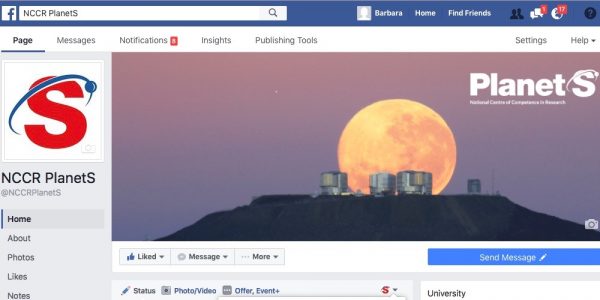News
When scientists get emotional
“Launches are inherently dangerous,” said Nicolas Thomas, when he waited at Baikonur Cosmodrome for ExoMars to lift off in March 2016: “There is always some sort of a risk of something blowing up. As long as the thing doesn’t blow up when I am too close to it.” Thomas is Principal Investigator of CaSSIS, the […]
Continue ReadingChury is much younger than previously thought
Based on computer simulations, Astrophysicists at the University of Bern conclude that the comet Chury did not obtain its duck-like form during the formation of our solar system 4.5 billion years ago. Although it does contain primordial material, they are able to show that the comet in its present form is hardly more than a […]
Continue ReadingThe search for truth
A TV documentary called „The Luther Code“ asks how modern mankind has emerged and what the future will bring. In its second episode, broadcast on 29 October 2016 on Arte, it featured astrophysicist Caroline Dorn at the University of Bern. You can now watch the documentary in German online on Arte Mediathek.
Continue ReadingGetting ready for a tricky task
After ExoMars TGO has reached its Mars Capture Orbit, the intention is to switch on CaSSIS in the week from November 21 to 28 and acquire images of Mars for the first time. A media release is planned on 1 December 2016 when ESA’s Ministerial Council is being held in Lucerne. By Nicolas Thomas There […]
Continue ReadingPlanetarium show about exoplanets
From the beginning of December the topic of exoplanets will inspire the audience of the planetarium of the Swiss Museum of Transport in Lucerne. The new show titled “Out There” was written by the curator Marc Horat and was developed in close collaboration with the NCCR PlanetS. Recently, Marc Horat visited the University of Bern […]
Continue ReadingGender bias in ERC grant evaluation
By Nadine Afram In the last edition of the InsiderS, I reported on two topics that are currently discussed in gender research. Here, I will focus on the gender bias in evaluating grant proposals. It is educative to see how selection criteria can be, albeit probably mainly unconsciously, cherry picked to be applied differently for […]
Continue ReadingPlanetS at ScienceComm 16
This year this important scientific communication event in Switzerland was held in Grandson, where 200 people gathered in an idyllic setting at the edge of Lake Neuchatel. ScienceComm 2016 was the fifth edition of a congress that takes more breadth year after year within the community of people in charge of communication in research institutes, […]
Continue ReadingWhat makes a good job application
By Nadine Afram The PlanetS Academic Platform carried out a survey with PlanetS professors to find out what – in their opinions – makes a good job application for a scientific research position in their group (experimental or theoretical). The survey questions were based on the input of young scientists at PlanetS and on feedback […]
Continue ReadingPlanetS at Swiss Fantasy Show
By Pierre Bratschi An unusual proposal arrived on the desk of the platform communication and outreach members of PlanetS to participate in the Swiss Fantasy Show, a convention bringing together thousands of sci-fi fanatics. “Okay,” Willy Benz finally declared after a long reflection tinged with skepticism, “but we are scientists who do science. Show that […]
Continue ReadingFacebook experiences
By Carsten Knigge After having launched the PlanetS Facebook profile last April and hence six months of running time so far, certain impressions and experiences shall be shared here with the PlanetS community. After certain technical difficulties in the beginning, the submission process by means of a dedicated form seems to work smoothly. The language […]
Continue Reading
